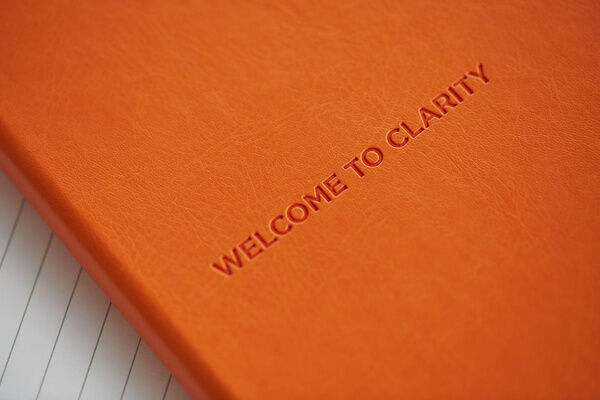An important aspect of being a trainee is keeping an eye on current legal developments, such as legislation working its way through the Scottish and Westminster Parliaments. You need to ensure that you keep up-to-date, as new legislation will impact on the legal advice you provide clients but will also require you to review your client's current situation. It is also exciting as you will be able to implement this new legislation in practice rather than just read about it or receive a lecture on it.
The 16 December 2014 marks the coming into force of the Marriage and Civil Partnership (Scotland) Act 2014. The purpose of the Act is to allow same-sex couples to marry one another, thereby overcoming the belief that marriage is a union between husband and wife but also the legal impediment in Scots law which prevents same-sex couples from marrying. The first day a same-sex marriage could take place is the 31 December of this year. The Act also provides for civil partners to convert their partnership into marriage and enables couples already married or in a civil partnership to change their legal gender without having to end their marriage or partnership. The Act does not, however, prevent individuals entering into a civil partnership or place any obligation upon civil partners to change their partnership into marriage. The Act instead provides the option to enter into a same-sex marriage.
MSPs from all parties strongly supported this Act, with a 105-14 margin in favour of the Act. Health Secretary Alex Neil, said "This historic legislation had overwhelming support across the Scottish Government, demonstrating to the world how importantly Scotland views equality".
Scotland is not the only UK country to have implemented such legislation, England and Wales have already introduced the Marriage (Same-Sex Couples) Act 2013 on 17 July 2013. Its purpose is to also allow same-sex couples to enter into marriage and provides the option to convert civil partnerships into same-sex marriages. Same-sex marriage became legal on 29 March 2013.
Upon reading the Act there are five points in particular which stand out. They are:
1. Converting a civil partnership to same-sex marriage
There are two methods in which civil partners can convert their partnership into a same-sex marriage. The first is an administrative process, where the civil partnership must be a qualifying civil partnership. A qualifying civil partnership is registered in Scotland and which has not been dissolved, annulled or ended by death.Secondly, civil partners may marry in accordance with the rules for marriage. The civil partnership must also be a qualifying civil partnership.
A point to note is that during the first year of this Act, couples wishing to convert their civil partnership into a same-sex marriage will not be charged for this process. Once the partnership has been converted into a same-sex marriage the couple are treated in law as having been married for all purposes from the date of registration of their civil partnership.
2. Concept of "approved places"
The concept of "approved places" has been repealed. At present a venue is required to have a permit to host a civil partnership ceremony. There is a fee payable and the permit must be renewed every three years. The implementation of this Act will allow civil marriage ceremonies to take place anywhere other than religious premises, agreed by the couple and the registrar, rather than at "approved places".
3. Gender Recognition
Prior to the implementation of the Act, the Gender Recognition Act 2004 required the applicant, if married or in a civil partnership, to be divorced or the partnership dissolved before the gender recognition certificate could be issued. Couples can now change gender without the requirement of seeking a divorce or dissolution.
4. Religious Bodies
Scottish Ministers have confirmed that no part of the religious community would be forced to hold such ceremonies in churches. As confirmed in the Act, there is no duty placed upon a religious or belief body to perform such ceremonies but a religious or belief body may opt in to perform same-sex marriages. Alex Neil noted there were "robust protections for religious bodies and celebrants". This is important, as it ensures that religious bodies are adequately protected.
5. What hasn’t changed
Two aspects of marriage will still apply only to marriage between husband and wife. These are:
- the definition of incurable impotency; and
- divorce based on adultery.
As you can see the implementation of this Act will have a profound impact on marriage within Scotland as we currently know it, with the definition of marriage now being marriage between persons of different sexes and marriage between persons of the same-sex. The 31 December 2014 will be a day to remember.
The content of this webpage is for information only and is not intended to be construed as legal advice and should not be treated as a substitute for specific advice. Morton Fraser LLP accepts no responsibility for the content of any third party website to which this webpage refers. Morton Fraser LLP is authorised and regulated by the Financial Conduct Authority.








